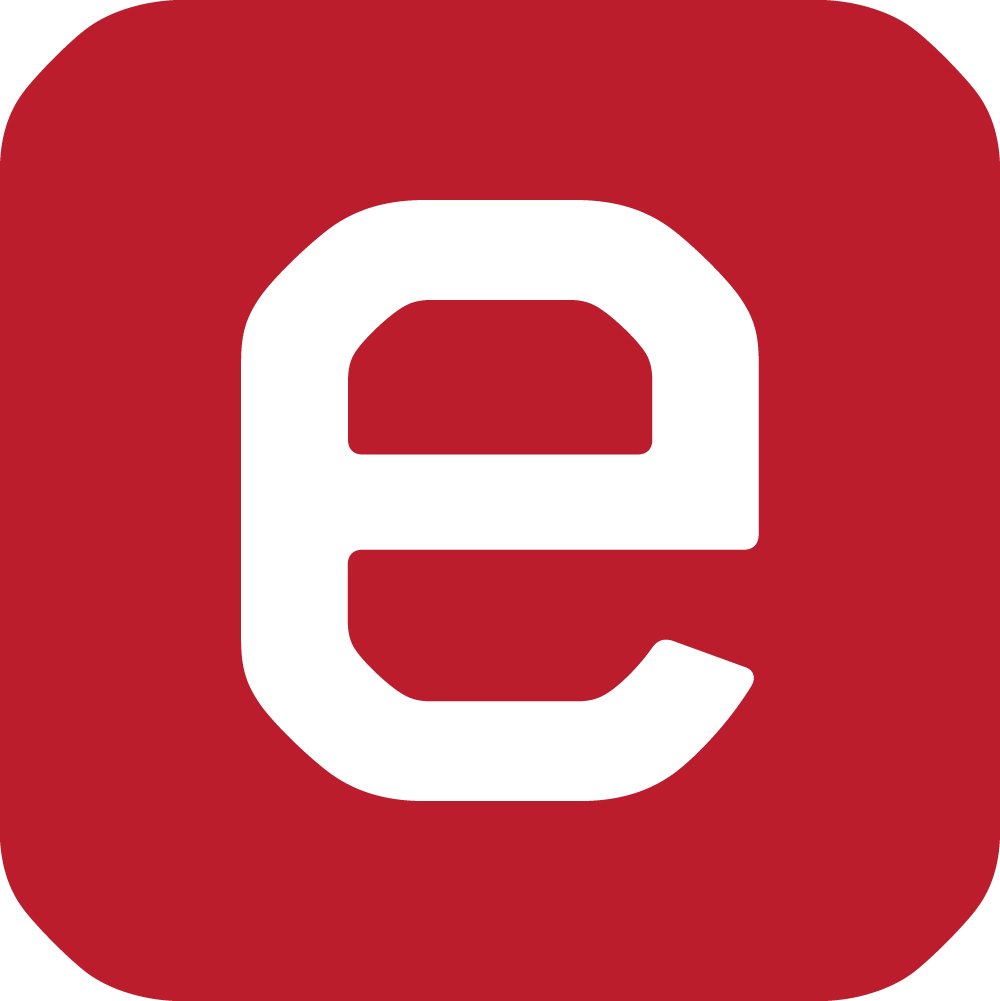A sustainable, paperless future for telecom

On November 1st, 2024, it was 10 years ago since it became mandatory for the Danes to receive digital post from the public sector. Since 2014, the attitude towards mandatory digital post has gone from worries to a matter of course. Today the Danes are logging on to e-Boks 35 million times each month. The Danish consensus has been an important factor for the success and thrive of digital post, the professor and digital sage believes.


These are Danish products that are used to support our everyday life. MitID is a digital ID that verifies your identity. The Dankort is a payment card and the Rejsekort is a card that functions as a ticket when you travel back and forth between city zones
In 2014, the worries lined up when a new law regarding digital post meant, that it became mandatory for the Danish citizens to receive their mail from the public sector, digitally. The then inmate government, municipality and regions wanted to replace paper forms and physical digital mail with digital post. However, the fear of neglecting letters in e-Boks about car inspections, hospital calls, letters about state education grant and so on, was widespread.
However, that’s not how it went, quite the opposite now 10 years later the Danes are somewhere near world leaders in digital post and professor at CBS and digital sage, Jan Damsgaard, calls the success, that is e-Boks and digital post, remarkable
- One of the biggest signs of honor when it comes to digital post is that in 10 years we have gone from debating if it was fair to introduce to taking it for granted. It has become an infrastructure we rely on just like power in the socket and water in the faucet. The Danes have embraced it in a way that the popularity is around 90 %. It has become such a completely natural part of their everyday life, so they expect to get all their mail from the public sector and most of their mail from the private sector in e-Boks, he says.
When Jan Damsgaard explains how digital post has succeeded with being so widely adopted in Denmark in contrast to other countries, he points out the mutual support and consensus towards e-Boks that determined the first years after its launch.
-Denmark is in general good at realizing the reason for simple solutions and we have a tradition, that goes all the way back to the cooperatives, that we want what is in everybody’s best interests. The Danes may not be given as many choices, but instead we get a good solution that benefits us all, as we have also seen with 'Dankortet', 'MitID' and 'Rejsekortet'. As a society it can be risk full to place all your eggs in one basket. However, I think that e-Boks has honored their former monopoly in a good way. Sweden has a completely different approach when it comes to digitization, for instance they have one MitID-solution for their regions, one for their municipality, one for banking and one for the government, which makes it more comprehensive, Damsgaard explains.

Jan DamsgaardProfessor at CBS
“The Danes have embraced it in a way that the popularity is around 90 %. It has become such a completely natural part of their everyday life, so they expect to get all their mail from the public sector and most of their mail from the private sector in e-Boks”
isn't inherently safe or compliant, and using it to deliver sensitive or private information makes all parties involved vulnerable to cyberattacks.
One of the things, the previous digital sage believes, that we can learn from experiences with e-Boks is to be brave about new technologies. As of now we are standing in front of a breakthrough with artificial intelligence (AI), where the politicians and decision makers can be apprehensive, just as they were when it came to making public digital posts mandatory.
-It's tempting to say that if someone isn't ready to embrace a new technology, they should not use it. But imagine if we had said that about digital post just because someone was worried about it. We have learned from e-Boks that it works if we give people some rights, but also some obligations. We can transfer this thinking to AI. So, of course, going forward you must also be able to make all applications to the public sector via a talking chat-bot, which can help you fill in the application correctly.
In 2014, there weren’t many treats from cybercrime and digital fraud, but the world view has changed significantly over the past 10 years. Trust in regular emails with links has dropped to a record low level as the number of scam emails has increased. This only speaks to e-Boks' advantage, Jan Damsgaard believes.
- We are gradually getting some well-written fake e-mails, which are no longer full of typos and bad Danish translations. That's why it's nice to be able to go into a portal like e-Boks and expect that what's inside is something you can trust. I believe that having a good solid standard product that is always up, and running is the best way to succeed with a digital solution.
The sage is not missing at all the trip down the road to empty the physical mailbox, which today only happens once a week when he needs to collect the newspaper. There are hardly any letters. But precisely for that reason, digital mail's legacy from the letter format may well challenge the next generation of users who are on their way.
- When I teach our talented young students today, they have almost no idea what a letter or a stamp is. Therefore, Generation Z also perceives digital mail differently from previous generations. They don't understand the postal analogy that lies in much of the digital communication from the public sector, where most of it is old-fashioned physical letters that have been converted into PDFs. The format confuses them, and they do not have the same faith in the authority of a public letter as previous generations have. So, if you want to reach young people in the future, I think you need to rethink the form of public communication, Damsgaard concludes.
e-Boks was founded in 2001 with the aim of creating a more efficient alternative to postal shipments by offering companies and authorities a digital communication platform and giving Danes a private digital postbox. During the 2000s, e-Boks signed several agreements with banks, public authorities and all Danish municipalities and regions that saw the advantages of digital postal delivery early on. In 2009, e-Boks won the state monopoly to deliver the first digital public solution called Digital Post.
The foundation for public digital post in Denmark was laid with the joint public digitization strategy of 2011-2015, where the then government, the municipalities and the regions decided that Danes' written communication with the public, such as applications, reports and letters, should take place digitally for both citizens and companies.
The strategy led to the Danish Parliament passing the Act on Public Digital Post in June 2012. The Act states that Digital Post sent through the official solutions has the same legal effect as traditional paper post.
Digital Post became mandatory for all companies in Denmark on November 1st, 2013, and for citizens on November 1st, 2014. However, the wide adoption of e-Boks was already large with over 4 million users.
Together with Borger.dk, e-Boks was the primary channel for public digital post until 2022. Today, public digital posts can be retrieved via several display clients, but 75-80% of all logins to public digital post still go through e-Boks - either on mobile, tablet or PC.